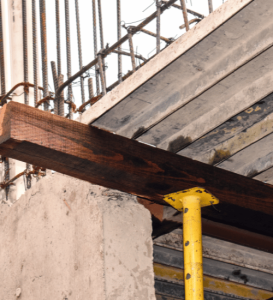What is GMP in Construction?
In the construction industry, project pricing plays a crucial role in setting client expectations and managing the scope of work. One common term that surfaces is “GMP,” which stands for Guaranteed Maximum Price. This pricing structure is often used in construction contracts to help control costs while providing transparency to clients. But what exactly does GMP mean, and how does it work?
Defining GMP
GMP, or Guaranteed Maximum Price, is a contract model where the contractor agrees to complete a project for a set price that will not be exceeded. Essentially, the contractor takes on the risk of any cost overruns, unless there are changes to the project scope or unforeseen circumstances that necessitate additional costs. For clients, this provides peace of mind, knowing that the project won’t spiral beyond the agreed budget.
How GMP Contracts Work
In a GMP contract, the contractor provides an estimate for labor, materials, equipment, and any other associated costs. The client agrees to the maximum price, and the contractor guarantees that the project will not exceed this amount unless the scope changes. If the actual costs come in under budget, some GMP contracts allow for cost savings to be shared between the contractor and the client, which provides an incentive for the contractor to keep costs low.
The key components of a GMP contract include:
- Scope of Work: A clearly defined project scope ensures both parties understand the full extent of the work.
- Cost Estimates: The contractor will provide detailed cost estimates, which include direct and indirect costs.
- Contingency Fund: Often, a portion of the budget is set aside for contingencies, addressing unexpected issues without breaching the GMP.
- Change Orders: Any changes requested by the client after the contract is signed will result in a change order, which can adjust the GMP.
Benefits of a GMP Contract
- Cost Control: One of the most significant benefits is cost predictability. Clients are assured that the project will not exceed the agreed-upon amount.
- Transparency: Since the contractor provides detailed cost breakdowns, clients have visibility into where the money is being spent.
- Shared Savings: If the project is completed under budget, some GMP contracts include provisions where savings are shared between the contractor and the client.
Challenges of GMP Contracts
While GMP contracts offer many advantages, there are some challenges:
- Risk for the Contractor: Contractors take on the risk of cost overruns. If the project runs into unexpected delays or material costs increase, it can impact the contractor’s profit margin.
- Detailed Planning Required: A GMP contract requires comprehensive planning and estimating before the project begins. Inaccurate estimates could either inflate the price or lead to financial losses for the contractor.
- Complex Projects: For complex projects where unknown factors are likely, a GMP contract might need additional contingency funds or flexible provisions for adjustments.
GMP vs. Other Contract Models
GMP contracts are often compared to lump-sum contracts and cost-plus contracts. A lump-sum contract offers a fixed price, but doesn’t provide the same transparency or shared savings opportunities as a GMP. On the other hand, a cost-plus contract reimburses the contractor for actual expenses plus a fee, which could lead to escalating costs without the cap of a guaranteed maximum.
Is a GMP Contract Right for Your Project?
For homeowners and developers looking to remodel or build new, a GMP contract can be a smart way to manage risk while maintaining flexibility. At Broussard Home Services, we always strive to ensure transparency and cost control in every remodeling project we undertake. If you’re considering a new remodel and want to understand how GMP can benefit your project, we’re here to help you navigate your options and deliver a high-quality outcome that stays on budget.
At Broussard Home Services, we’re always happy to discuss the best contract models to fit your specific remodeling needs!





